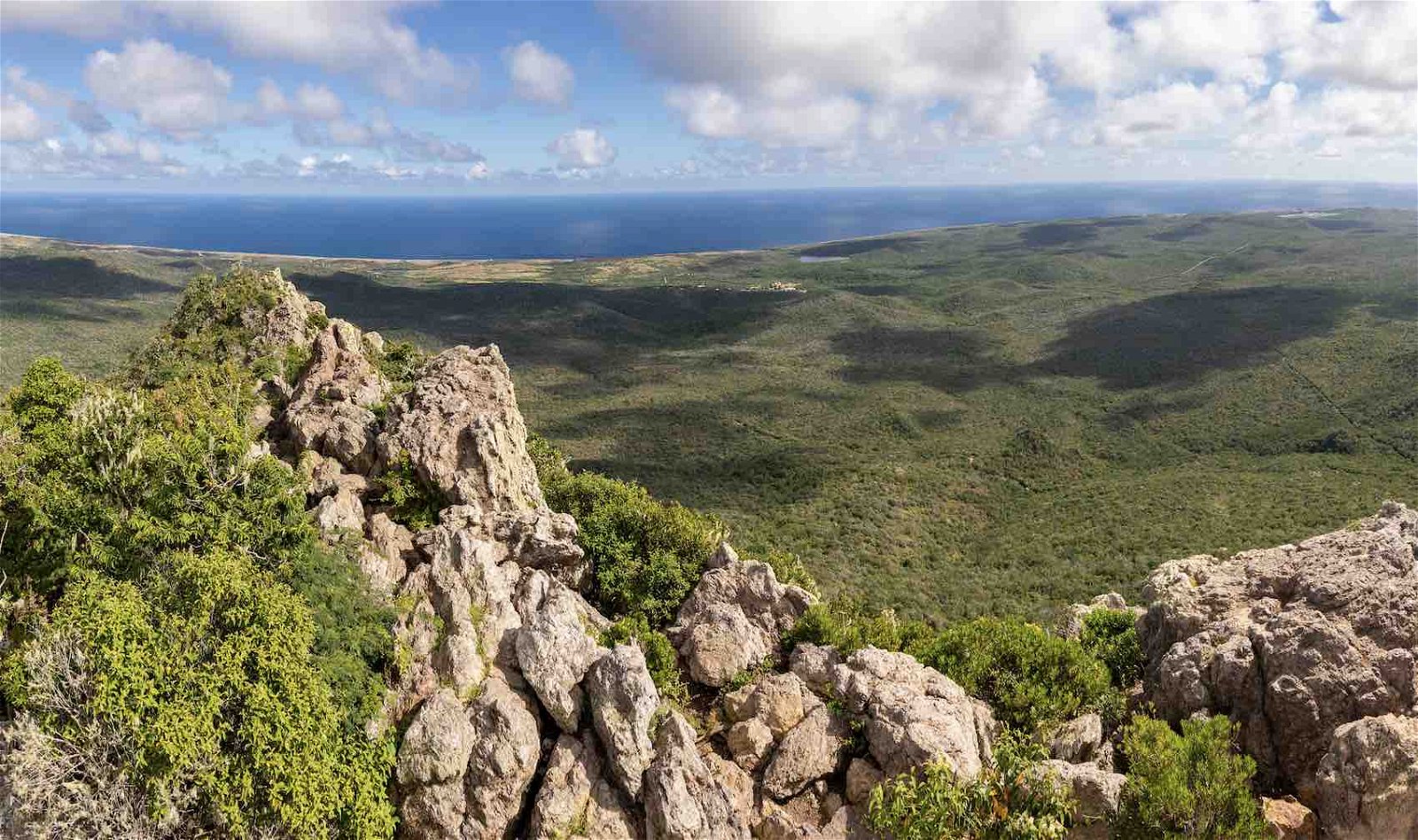Humans may have occupied the Caribbean island of Curaçao as much as 850 years earlier than previous estimates, based on new radiocarbon dating from one of the island’s oldest archaeological sites.
The findings indicate a human presence on the island that may have begun as early as 5735 years before present, according to research co-led by Simon Fraser University (SFU) and the National Archaeological Anthropological Memory Management (NAAM Foundation) in Curaçao.
The findings are the result of an international effort launched in 2018 and offer new insights into the pre-Columbian history of the Caribbean islands and some of their earliest inhabitants.
Radiocarbon dates based on charcoal samples recovered from Saliña Sint Marie, an Archaic period site on Curaçao, reveal it to be the earliest known site of human activity located on the island to date.
“What this new information does is push the initial exploration in this region back to a time where other islands to the north of Curaçao are also being settled,” said Christina Giovas, an associate professor in SFU’s Department of Archaeology. In addition to being Curaçao’s earliest known archaeological site, the discovery also places Saliña Sint Marie among the oldest known to exist in the insular Caribbean.
Giovas, the co-lead on a new study detailing the discovery, says her team’s findings offer new insights into the earliest settlement of the Caribbean, a matter that remains in dispute among archaeologists.
She adds that her team’s findings imply that “the movement of people from the continental mainland into those more northern islands might have entangled with some of the movement of the people into Curaçao.”


Beginning in 2022, Giovas says that environmental archaeological field studies that spanned five weeks were conducted by SFU undergraduate students, who worked alongside local volunteers and the project’s Curaçaoan partner, the NAAM Foundation.
Findings from the SFU team’s studies illustrate that the earliest explorations of islands off the western Venezuelan coast began much earlier than past studies had indicated. While additional evidence of early human activity may exist on the island, future work will be required to determine its extent, as well as whether even earlier arrivals may have occurred on Curaçao.
“Archaeological information is dynamic, continually evolving with ongoing exploration and analysis,” said Claudia Kraan, Deputy Director of the NAAM Foundation and the leader of the new study, in a statement.
Next year, the team plans to return to the island for its next international field school, where additional explorations could reveal further insights into the island’s earliest inhabitants.
The new paper by Kraan, Giovas, et al, “Radiocarbon dates from Curaçao’s oldest Archaic site extend earliest island settlement to ca. 5700 cal BP,” was published on 12 March 2024 in The Journal of Island and Coastal Archaeology.
Micah Hanks is the Editor-in-Chief and Co-Founder of The Debrief. He can be reached by email at micah@thedebrief.org. Follow his work at micahhanks.com and on X: @MicahHanks.

